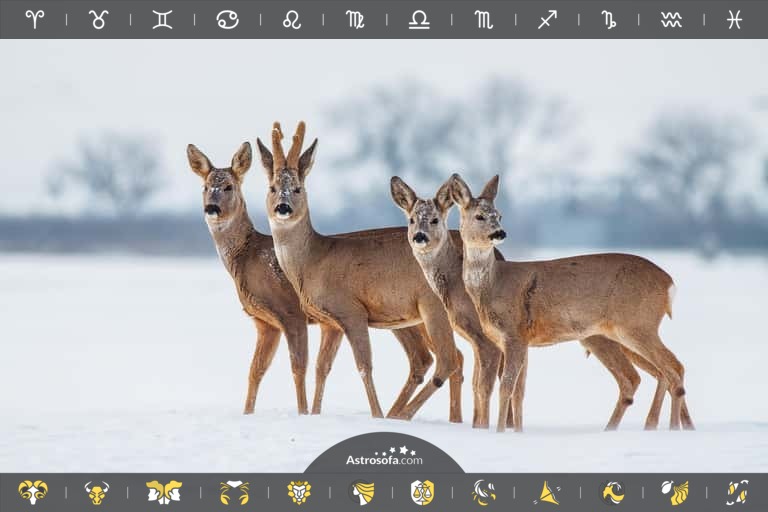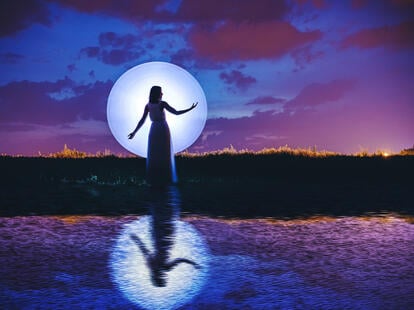
Birthday
Isaac Asimov
Isaac Asimov was born on 2 January 1920 in Petrovich, Russia, and is one of the most famous science fiction authors. He emigrated to the USA, where he became an author, biochemist, and professor of biochemistry. Asimov is best known for his works in science fiction, fantasy, and non-fiction. He is considered one of the most prolific and influential authors in science fiction and has received numerous awards for his works. Asimov died at the age of 72 on 6 April 1992.
Some of Isaac Asimov's most famous and important works are:
- The Robot Series : This series includes several novels and short stories in which Asimov presents his "Three Laws of Robotics" and explores the relationships between humans and robots in the future.
- The Foundation Trilogy : This three-part series is about a group of scientists who try to shape the future of human civilization by establishing a "foundation." The trilogy is considered a milestone of science fiction literature and has brought Asimov international fame.
Saint's day
Weather Proverb

Birthday: Capricorn
Chinese zodiac sign:
猴 Water Monkey
11,439 days ago (31 years, 3 months, 26 days)
Daily aspects

We may be eccentric, headstrong, hyper, irritable, and moody during this time. We are prone to changing moods. Willfulness may show itself in love. Do not make hasty decisions at this time. They tend to do exactly the opposite of what is expected of them. There could be unexpected challenges or rapid changes today. Fortunately, this aspect will pass after two hours.

This transit can cause a dreamy disposition, passive attitude, tendency to self-deception, imbalance, hypersensitivity, weakened instinctual life, and nervous disorders. You could also get lost in wishful thinking. Try not watch horror movies during this time, as it may disturb you, and could lead to vivid nightmares.

This Square could easily make you excited, argumentative, and hasty. Disagreements with the opposite sex may occur. You could waste money, repress your emotions, and feel moody and passionate. If you are female and menstruating, there may be a lot of bleeding, and you may experience a lot of pain, and tender breasts.

This extile is perfect for love, relationships and marriage. It is a lovely time to host at your house, and invite friends and family over to eat beautiful meals you have created. Your social life is great and you should go out and try meet new people. You will definitely smile more! It is the opportune time for blind dates! It is also a wonderful time to buy new objects to decorate your home with.

Mercury, in Capricorn, stands for a clear and logical mind. Now we can be more critical and more suspicious. We now have a more exceptional ability to concentrate on difficult tasks and are particularly interested in business matters. Maybe under a Capricorn Mercury, we won't learn particularly quickly, but we will undoubtedly learn things more thoroughly than usual. We are skilled and persistent.
Current timezone: Asia/Tokyo (UTC +09:00). change timezone
Calendar
Please choose a day:


